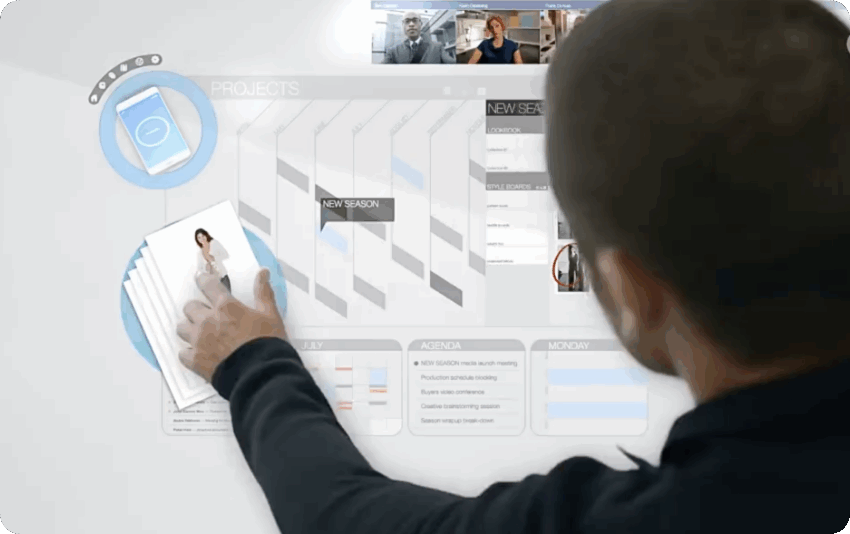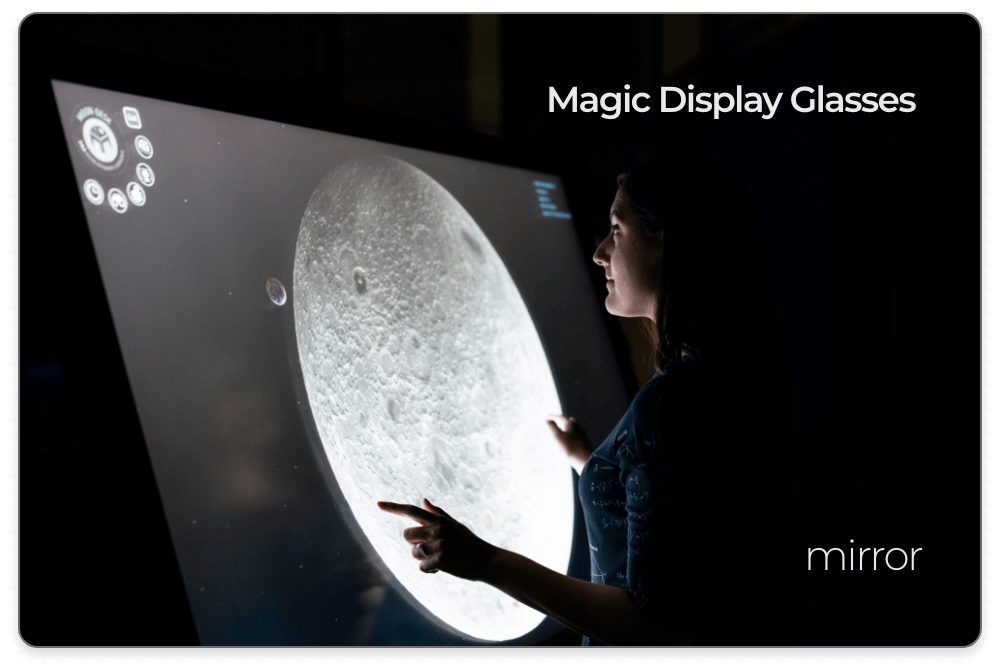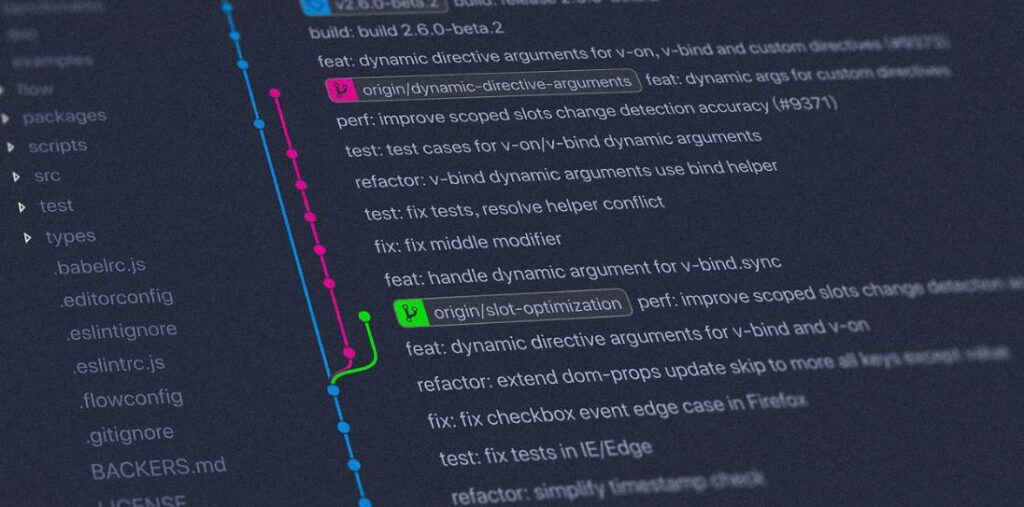In today’s fast-paced and ever-evolving business landscape, companies are continually searching for innovative solutions that drive efficiency, reduce costs, and enhance customer experiences. Among the most transformative technologies that have emerged is **AI workflow automation**. This approach leverages the power of artificial intelligence to streamline repetitive tasks, improve decision-making, and optimize business processes across various industries. As organizations embrace this technology, they also explore the capabilities of **AI-driven AIOS business process automation** and **generative AI models** to further enhance their operational efficiency.
Organizations today are inundated with large volumes of data and faced with the need to respond promptly to changing market conditions. AI workflow automation offers a viable solution to these challenges by automating routine tasks, allowing employees to focus on higher-value activities. By using AI algorithms, businesses can analyze data more effectively, providing insights that lead to better decision-making.
One prominent area where AI workflow automation is making significant strides is customer service. Chatbots powered by AI can quickly respond to customer inquiries, reducing wait times and improving satisfaction. In the financial sector, AI-driven algorithms are being utilized to automate account management and streamline compliance processes, leading to faster transaction times and lower operational costs. As more companies adopt these technologies, we can expect to see a trend towards greater efficiency and customer-centric service in various industries.
.
**The Rise of AI-Driven AIOS Business Process Automation**
As seen in numerous industry reports, AI-driven AIOS (Artificial Intelligence Operating System) business process automation is becoming a game-changer for organizations. This technology integrates various AI capabilities into a single operational framework, allowing companies to automate complex workflows more seamlessly. By harnessing AIOS, businesses can improve their agility and adaptability in the face of change, making it easier to optimize processes across departments.
AIOS platforms leverage machine learning, natural language processing, and robotic process automation to transform traditional enterprise operations. For instance, in the healthcare industry, AI-driven AIOS solutions are being used to automate patient data management, appointment scheduling, and billing processes. This integration not only reduces administrative burdens but also enhances patient care by ensuring that healthcare providers have timely access to critical information.
According to a report by McKinsey, organizations that implement comprehensive AI solutions can expect to boost their overall productivity by up to 40%. This highlights the potential of AI-driven AIOS business process automation to reshape industries by enabling faster and more accurate processes while reducing human error.
.
**Generative AI Models: Transforming Content Creation and Innovation**
One of the most exciting developments in the field of artificial intelligence is the rise of **generative AI models**. These models, such as OpenAI’s GPT-3, have demonstrated an impressive ability to generate human-like content, enabling organizations to automate the creation of reports, marketing materials, and even complex programming tasks. As businesses explore the potential of generative AI, they are finding new and innovative ways to leverage this technology across various applications.
In marketing, generative AI can be utilized to create personalized content for consumers, enhancing engagement and brand loyalty. For instance, companies are using AI-generated product descriptions, ad copy, and social media posts to improve their online presence. This not only saves time for marketing teams but also enhances creativity and yields high-quality content tailored to specific audiences.
In the field of design and simulation, generative AI models are transforming product development processes. Engineers and designers can use these models to quickly draft multiple iterations of a product or feature, facilitating rapid prototyping and testing. This capability streamlines workflows, reduces time to market, and fosters innovation within organizations.
.
**Trends and Innovations in AI Workflow Automation**
The trends surrounding AI workflow automation indicate a robust growth trajectory as businesses continue to embrace digital transformation. One trend worth noting is the increasing use of AI-powered tools that require minimal human intervention. For example, autonomous decision-making systems analyze vast amounts of data to provide actionable insights, while AI agents manage workflows, freeing up human employees to engage in more creative and strategic endeavors.
Additionally, real-time analytics is becoming a critical component of AI workflow automation. Integrating analytics tools with AI allows organizations to gain immediate insights into their operations, facilitating rapid decision-making and enabling businesses to respond to market changes proactively.
A significant area of focus for organizations implementing AI workflow automation is employee training and skill development. As automation alters existing roles, companies are prioritizing upskilling their workforce to ensure employees can work alongside AI tools effectively. This focus on continuous learning will help organizations remain competitive in a future driven by AI technologies.
.
**Industry Use Cases: AI Workflow Automation in Action**
Numerous industries are leveraging AI workflow automation to achieve remarkable outcomes. A notable case can be found in the manufacturing sector, where smart factories are adopting AI solutions to automate production lines, monitor supply chains, and predict equipment maintenance needs. For example, General Electric employs AI algorithms to optimize machinery performance and predict failures before they occur, reducing downtime and maintenance costs.
Similarly, in the retail industry, giants like Walmart are using AI workflow automation to manage inventory levels efficiently, optimize supply chain operations, and personalize the shopping experience for customers. By analyzing customer data and sales patterns, Walmart can forecast demand more accurately, ensuring products are always available when needed and minimizing excess inventory.
Another noteworthy industry adopting AI workflow automation is finance. Financial institutions are utilizing AI algorithms for fraud detection and risk assessment, enabling them to process transactions more effectively while ensuring enhanced security for their customers.
.
**Challenges and Considerations in AI Workflow Automation**
While AI workflow automation promises immense benefits, organizations must navigate several challenges to realize this potential fully. Concerns regarding data privacy and security remain paramount, particularly as companies increasingly rely on AI to handle sensitive information. Establishing robust data governance policies and ensuring compliance with regulations are essential steps for organizations pursuing AI-driven automation.
Furthermore, integrating AI technologies with existing legacy systems can pose a significant hurdle. Organizations should develop a clear roadmap for implementing AI workflow automation, ensuring that new solutions harmonize with current processes while allowing for scalability in the future.
Human trust in AI systems is another critical consideration. Employees must feel comfortable working alongside AI tools, which can be achieved through education and demonstrating the value of these technologies in augmenting their capabilities rather than replacing them.
.
**Conclusion: The Future of AI Workflow Automation**
In summary, AI workflow automation is not just a trend but a transformative force reshaping diverse industries. As organizations increasingly adopt AI-driven AIOS business process automation and explore generative AI models, they open new avenues for efficiency, innovation, and growth. Addressing the challenges and considerations related to automation will be pivotal in harnessing the full potential of these technologies.
As AI continues to evolve, the future of AI workflow automation holds immense promise. It will enable businesses to thrive in an increasingly competitive landscape, optimize operational processes, and provide enhanced experiences for their customers. The organizations that adapt to and embrace these changes will undoubtedly establish a strong foothold in their respective industries.
Sources:
– McKinsey & Company, “The State of AI in 2023”
– Gartner, “Top Strategic Technology Trends for 2023”
– General Electric, “Transforming Industry through the Industrial Internet”
– Harvard Business Review, “How AI is Reshaping Financial Services”





























